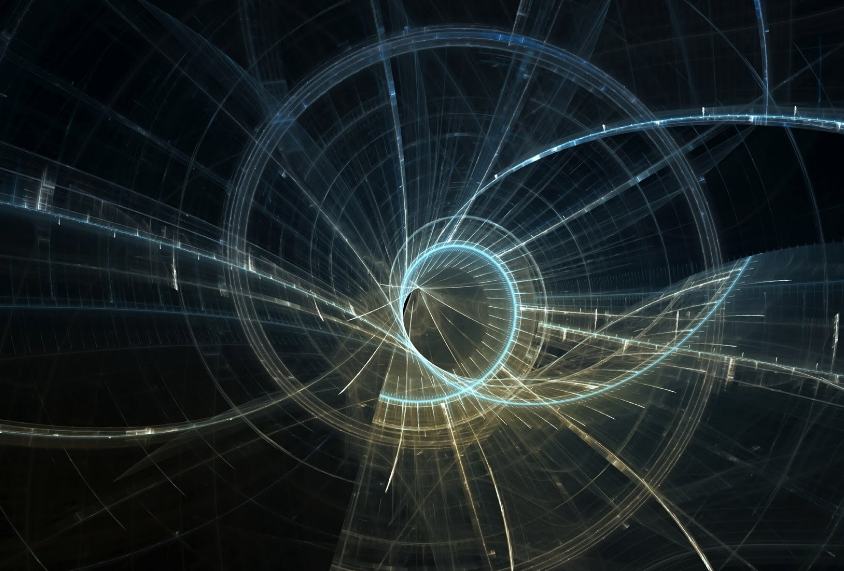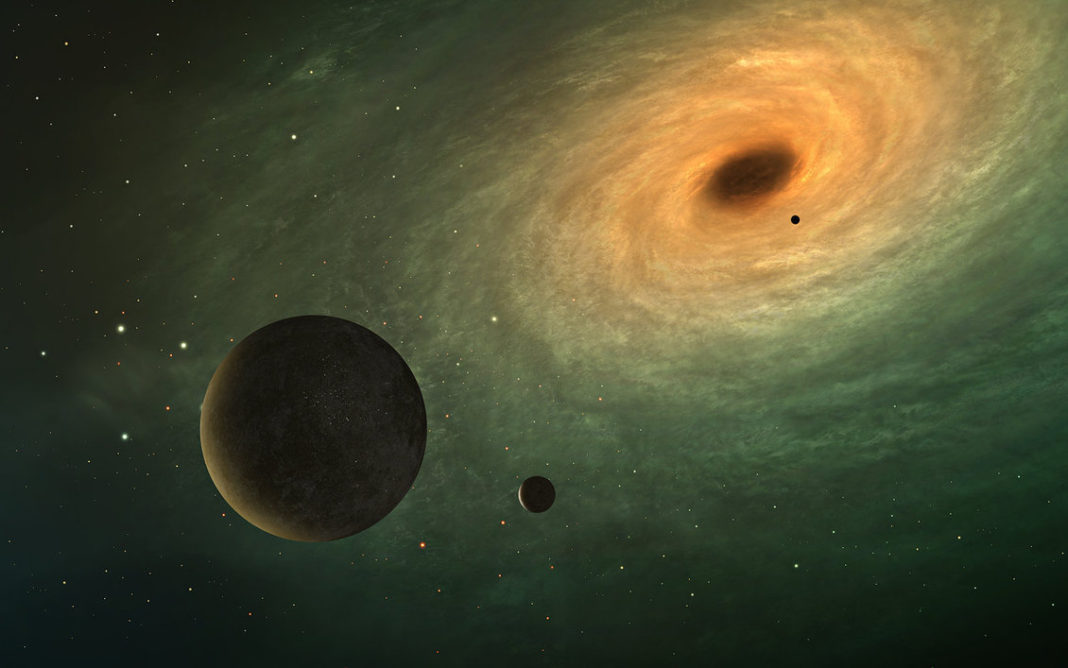Peter Lewis is a Visiting Fellow at Sydney University and the Australian National University and has also been the recipient of an NSF Scholar’s Award. He’s spent much of his career researching the philosophy of science and has published several articles on scientific realism and quantum mechanics. The following is a rundown of the world of quantum mechanics according to the ideas and thoughts of Peter Lewis.
Quantum mechanics is a theory that essentially explains how atoms, electrons, and other particles interact with one another. It was a theory that was developed in the 1920’s, and even though we’ve made discoveries and taken several turns, we still seem so far away from the finish line. Although quantum mechanics is a scientific theory, it raises certain metaphysical questions. Some scientists aren’t happy with this, but Lewis says this is largely down to scientists having a dim view of what metaphysics involves. “Quantum mechanics is highly metaphysically opaque,” states Lewis. “So there’s philosophical work to be done in unpacking the metaphysics of physical theories.”
There are metaphysical implications of interference and entanglement. Interference refers to matter as a spread-out wave rather than made up of discrete particles. Entanglement suggests that some particles are connected even if nowhere near one another. Both may be surprising to physicists but not enough to stop exploring. Quantum mechanics gives physicists a new kind of vagueness to think about as even the location of a single particle can be a vague matter, and unless you’re a hidden variable theorist, the particle is represented by a wave packet with fuzzy edges.
In the eyes of Lewis, the three-dimensional world does exist. The wave function is a standard representation of the quantum state and is a function of 3N coordinates, N being the number of particles in the concerned system. David Albert infers that the world is 3N-dimensional, with N representing the number of particles in the universe. Although many people remain skeptical about the world of quantum mechanics, for Lewis it’s a reality there’s no escaping from, and the sooner we get to where we need to be with it the better.
More News To Read
- Researchers Uncover New Black Hole that’s Around 36 Times Bigger Than the Sun!
- Will Electric Vehicles Cause Another Oil Crash Soon?
- Tesla Demonstrates Why Energy Storage is Invaluable
- Should be Concerned That An Asteroid’s Going to Strike the Earth?
- Gene Therapy Treatment Offered to Cancer Patients Saves Lives











